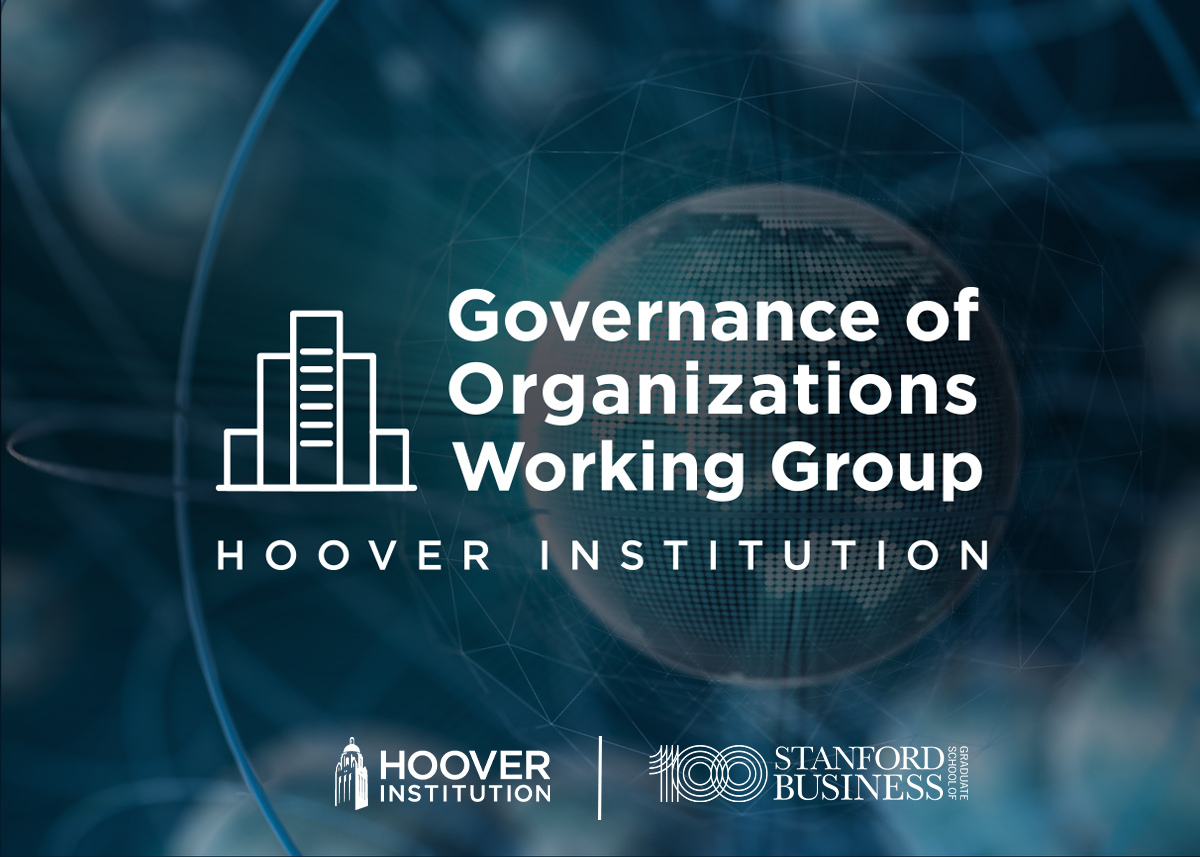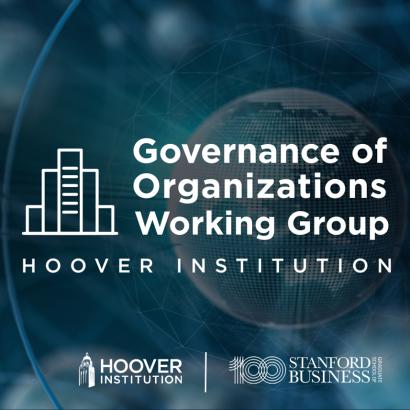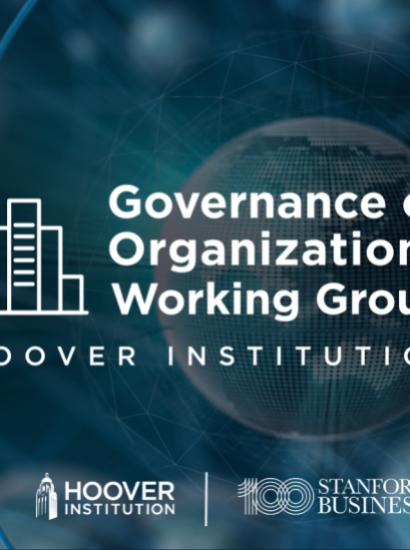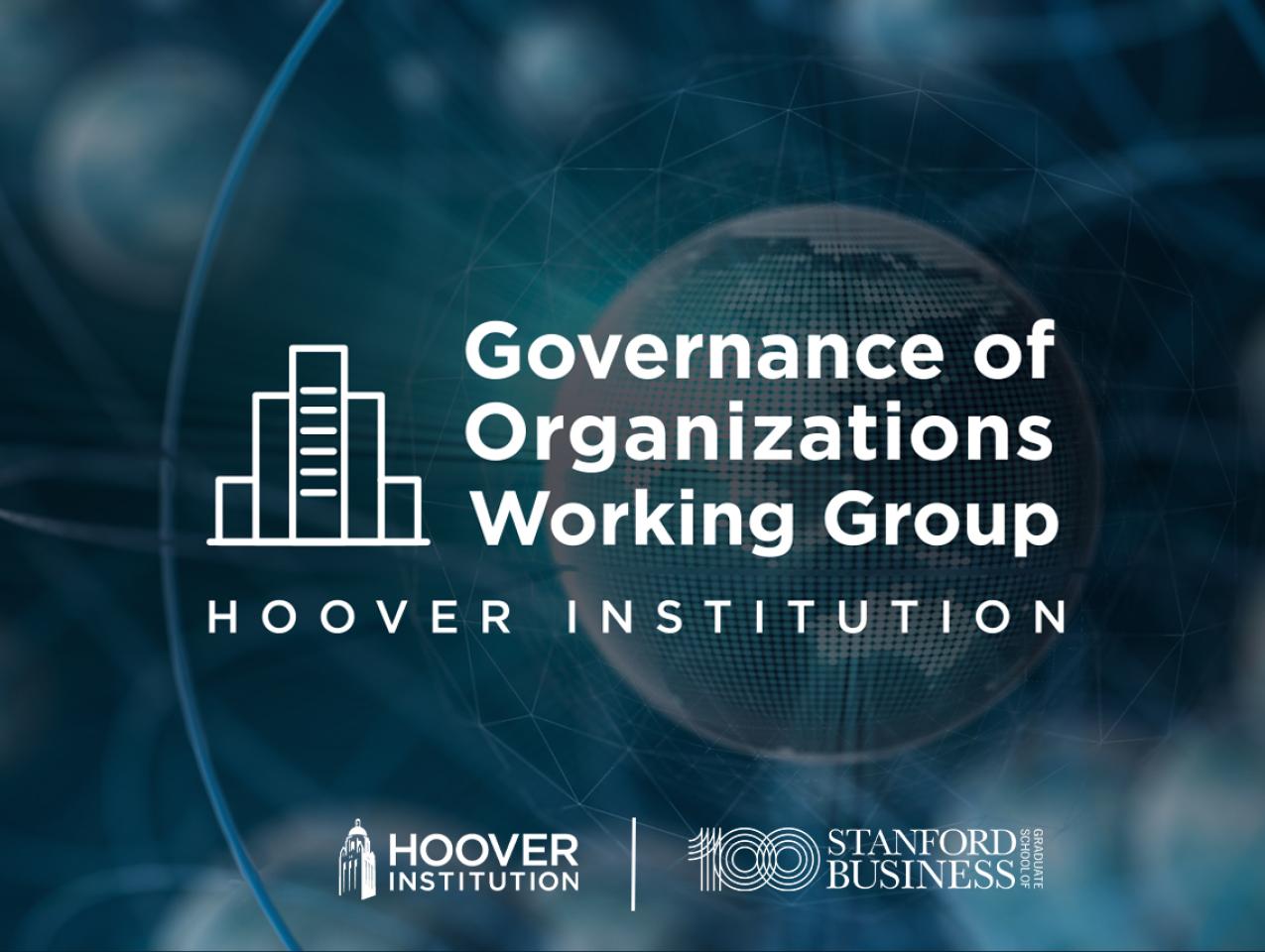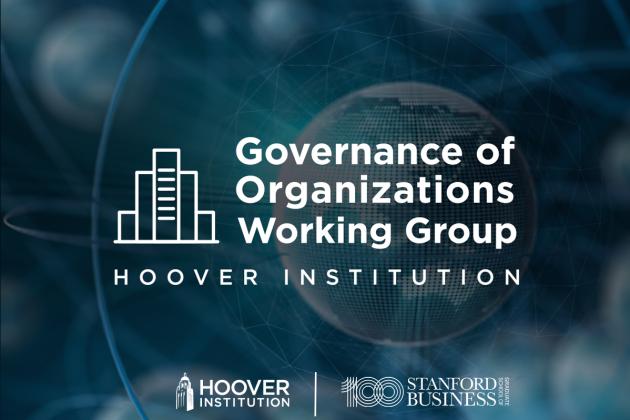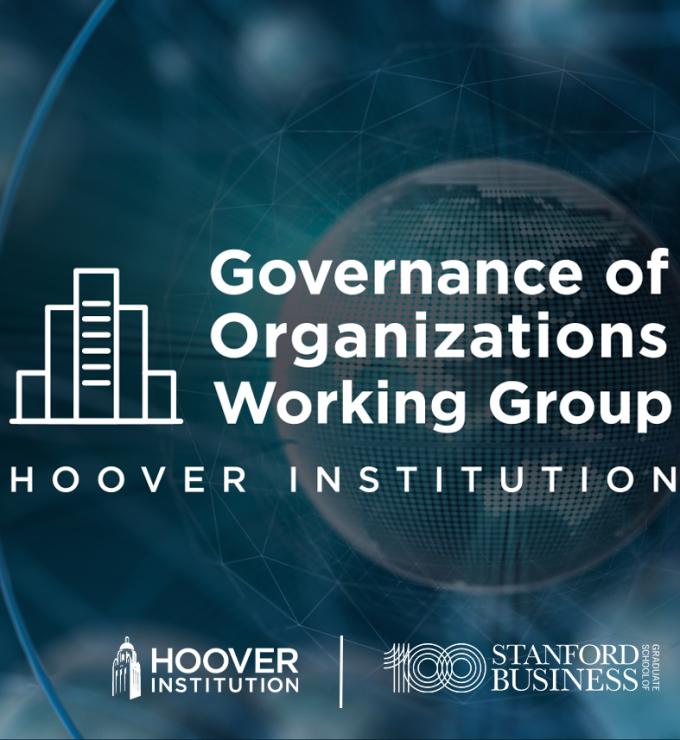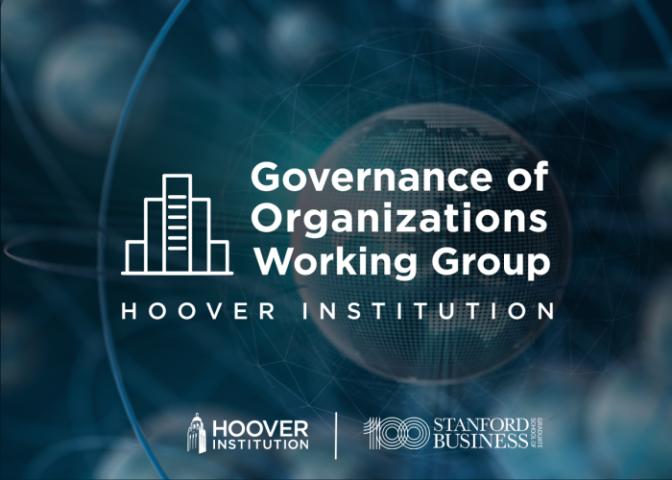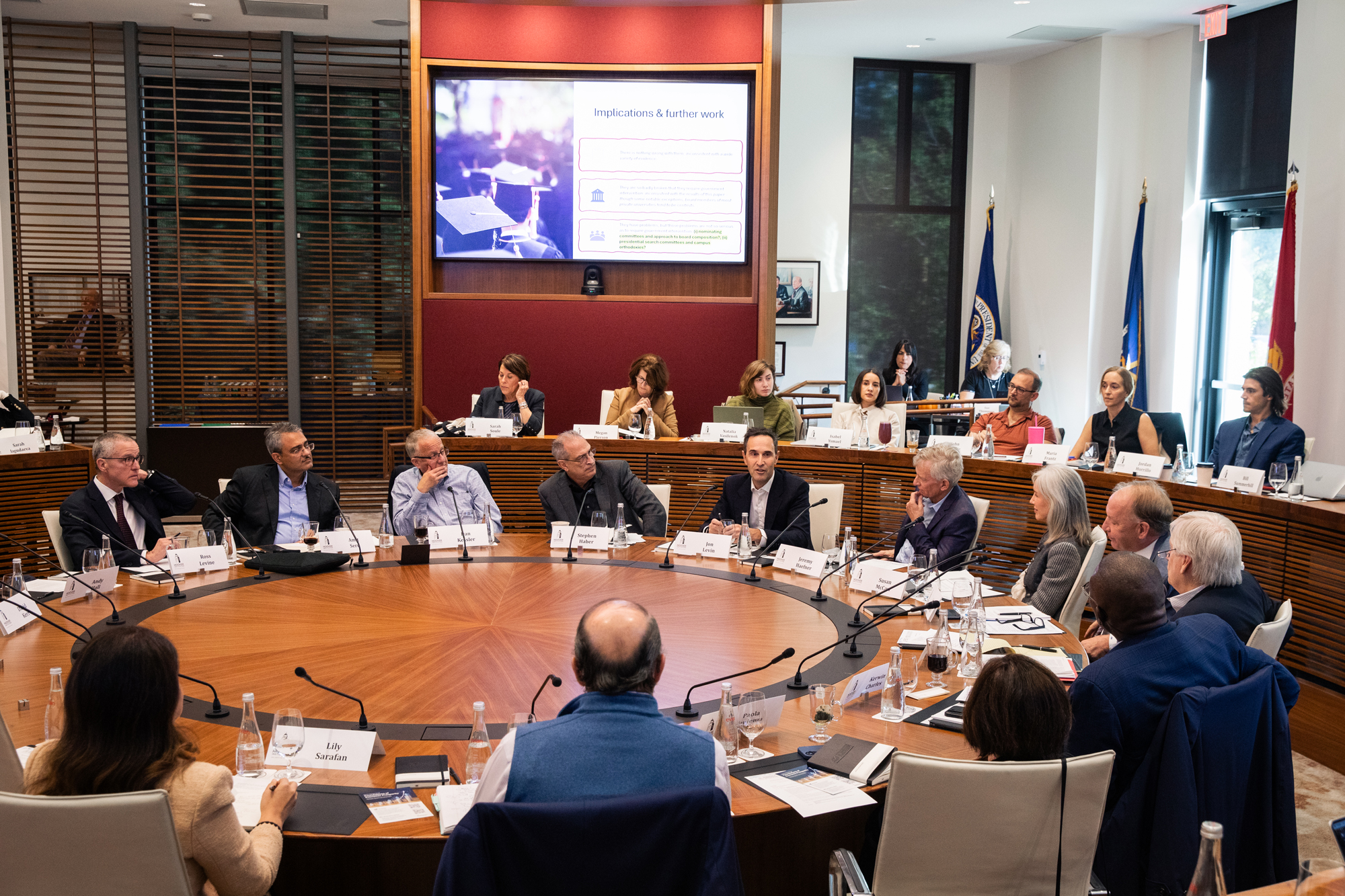This conference is by invitation only
The Hoover Institution at Stanford University hosts the The Promises and Challenges of Decentralized Governance on November 6, 2025.
Most research on how organizations are governed focuses on principal–agent problems—that is, situations where a small group of leaders make decisions and then monitor the subordinates who carry them out. But not all organizations work this way. Many have decision-making processes that are much more decentralized. Spreading out authority comes with a tradeoff: it increases the amount of information available, but it can create veto points that allow small groups of stakeholders to capture an organization. The purpose of this conference is to understand the conditions under which decentralized governance allows organizations to flourish and the conditions under which decentralization causes them to flounder. We do so by focusing on two types of organizations in which there are both centralized and decentralized governance systems: universities and crypto protocols built on the blockchain.
| Thursday, November 6, 2025 | ||
|---|---|---|
| Time | Content | Presenters |
|
9:30 AM |
Breakfast |
-- |
|
9:50 AM |
Welcome |
Stephen Haber, Senior Fellow, Hoover Institution & Professor of Political Science, Stanford University |
| 10:00 AM |
University Governance The challenge for universities is to build governance structures that enable action while guarding against capture. Centralized systems, led by a president and provost, offer speed but risk narrow, top-down decisions, increasing the risk of poor outcomes. By contrast, decision-making authority that is spread across schools and departments can bring richer information and broader perspectives but can stall progress when participants block reforms.
|
Paper: “The Changing Political Ideology of University Board Members” by Stephen Haber, Daniel Kessler, Amit Seru, Jiawen Wu, William Wygal, and Junyan Yu Panelist: Jon Levin, President, Stanford University Panelist: Jeremy Haefner, Chancellor, University of Denver Panelist: Susan McCaw, Chair, Hoover Institution Board of Overseers Panelist: John Kleinheinz, Vice Chair of the Hoover Board of Overseers & Stanford University Trustee Panelist: Douglas Scrivner, Hoover Overseer & University of Denver Trustee Panelist: Kerwin Charles, Dean, Yale School of Management Panelist: Paola Sapienza, Senior Fellow, Hoover Institution Moderator: Ross Levine, Senior Fellow, Hoover Institution |
| 12:00 PM |
Lunch |
-- |
| 1:00 PM |
Crypto Governance Crypto projects and protocols aim to decentralize not only asset ownership but also governance itself. The aspiration is an open, permissionless system where token holders and community members make all the major decisions that shape the protocol: decisions that cannot be hardwired into code. This structure promises more responsive and resilient systems, leveraging distributed knowledge to guide decisions, protecting against censorship, and assuring stakeholders that the platform cannot be captured by a few insiders. The reality can, however, be more complex. Founders and early investors often retain significant influence, and voting participation is typically low. In such cases, “decentralized governance” can mask centralization while sidestepping regulatory scrutiny. This panel examines how crypto projects are confronting these dilemmas, what lessons they might take from corporate and institutional history, and what policy frameworks could balance innovation with stability. |
Paper: “Studying Participation in Online Decentralized Governance Systems” by Andrew Hall, Senior Fellow, Hoover Institution & Professor of Political Economy, Stanford GSB Presentation: “The Fiat Chain” by Silvio Micali, Ford Professor of Engineering, MIT Panelist: David Kerr, Principal of Cowrie LLC Panelist: Pablo Montagnes, Associate Professor of Political Science, Emory University Panelist: Dan Boneh, Professor of Computer Science & Electrical Engineering, Stanford University Moderator: Justin Grimmer, Senior Fellow, Hoover Institution & Professor of Political Science, Stanford University |
| 3:00 PM |
Concluding Remarks |
Amit Seru, Senior Fellow, Hoover Institution & Professor of Finance, Stanford GSB and Andrew Hall, Senior Fellow, Hoover Institution & Professor of Political Economy, Stanford GSB |






